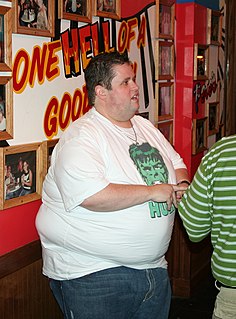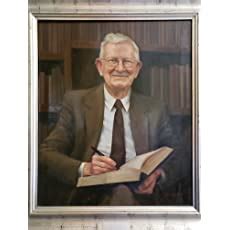A Quote by George Takei
I have two passions in my life. One is to raise the awareness of the internment of Japanese-American citizens. My other passion is the theater.
Related Quotes
Our Navy was very largely sunk. And we were at war in no time at all. I share, in retrospect, the distress we all share at the internment of the Japanese American citizens of the United States. It was not our finest hour. But the Supreme Court had it before it at the time, and justified it and upheld it.
Activist Supreme Courts are not new. The Dred Scott decision in 1856, imposing slavery in free territories; the Plessy decision in 1896, imposing segregation on a private railroad company; the Korematsu decision in 1944, upholding Franklin Roosevelt’s internment of American citizens, mostly Japanese Americans; and the Roe decision in 1973, imposing abortion on the entire nation; are examples of the consequences of activist Courts and justices.
Growing up, I didn't know about the Japanese internment camps until I saw a movie of the week as an adult. I remember going, 'How come that wasn't covered in history class?' Moving to California, you run into people whose grandparents lost everything and their businesses and were put in these internment camps.
Why should we desire the destruction of human passions? Take passions from human beings and what is left? The great object should be not to destroy passions, but to make them obedient to the intellect. To indulge passion to the utmost is one form of intemperance - to destroy passion is another. The reasonable gratification of passion under the domination of the intellect is true wisdom and perfect virtue.
All other passions build upon or flow from your passion for Jesus. A passion for souls grows out of a passion for Christ. A passion for missions builds upon a passion for Christ. The most crucial danger to a Christian, whatever his role, is to lack a passion of Christ. The most direct route to personal renewal and new effectiveness is a new all-consuming passion for Jesus. Lord, give us this passion, whatever the cost!

































